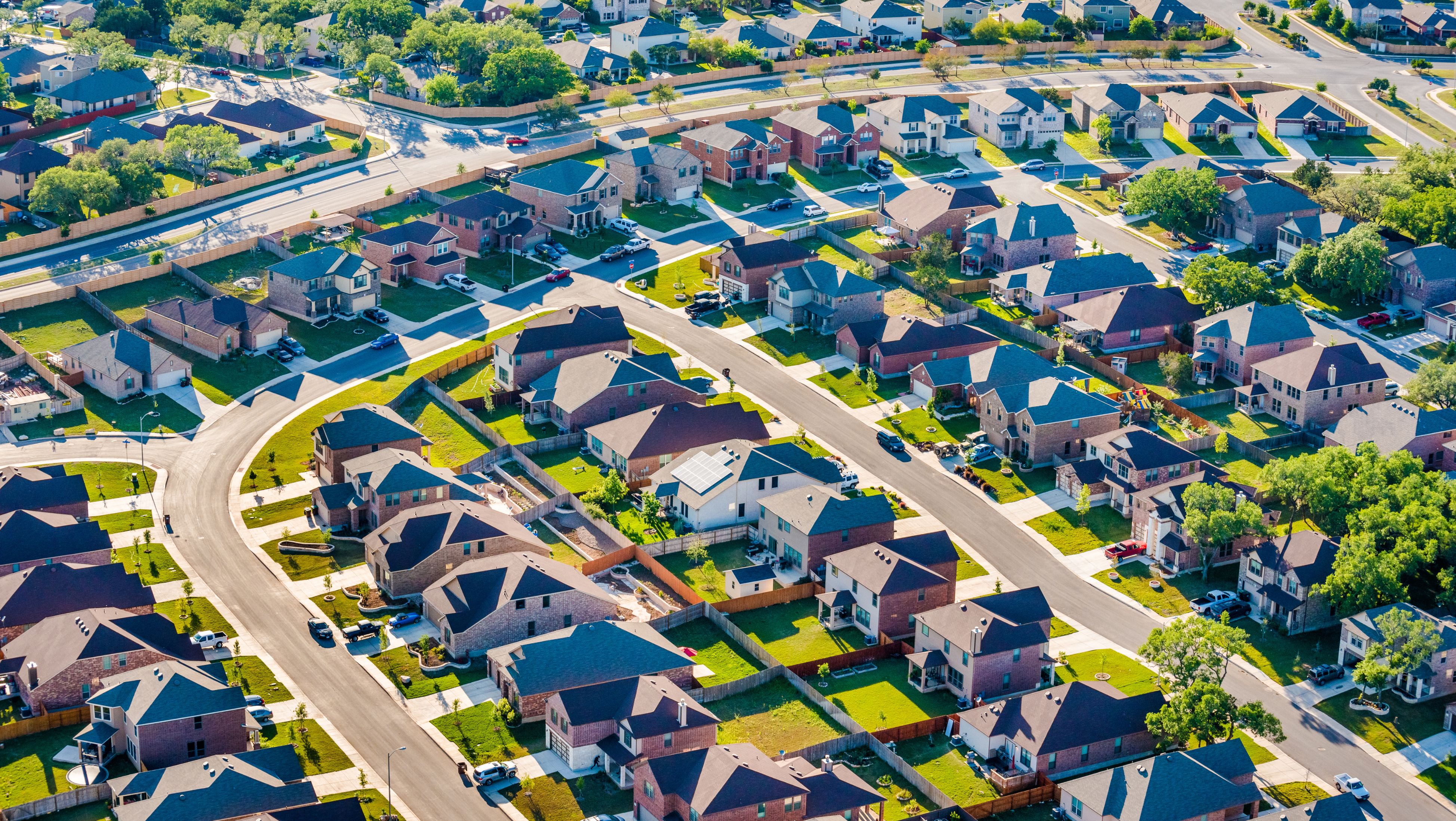
You’ve undoubtedly poured over the details when looking for a real estate investment market. You’ve analyzed rental rates, median income, sales prices, local economics, and more…but have you asked about the weather?
Location matters, not just because of the economics, housing affordability, or rental demand but because of the climate.
Both run-of-the-mill weather risks and natural disasters could jeopardize your investment property. If anything, it could be costing you a pretty penny in maintenance and insurance costs! Here’s what you need to consider about the climate as you choose an investment market:
Investment Market Climate Considerations
The Cold
- Heating Costs – Heating systems can be costly to maintain and repair, particularly when they work overtime during winter. The actual cost will depend on the type of heating (electric, gas, etc.) and the home’s insulation.
- Chimney Maintenance – If your property has a chimney that will likely be used, maintaining it is key. Regular chimney inspections prevent chimney fires and ensure efficient operation. Be particularly diligent if there is a gas fireplace. A clogged chimney can cause gas to back up into the home.
- Insulation – Insulation technology has come a long way since fiberglass batting. We must consider wall, window, attic, and even crawl space insulation to keep our properties warm and cost-effective.
- Winterizing – Winter creates extra maintenance steps that don’t exist in warmer climates. Landscaping must be protected, de-icing materials spread on walkways, and outdoor faucets covered.
- Snow Removal – Snow and ice are hazards. Not only could someone slip and fall, but significant accumulations can make accessibility a problem. Property owners must consider the cost of snow removal services or buying their own equipment for the task.
- Roof Maintenance – Snow can really do a number on your roof. Roof collapse is definitely possible under heavy snow or ice dams. Leaks and lesser damage are also possible, so owners must be on top of roof maintenance.
- Frozen Pipes – A burst pipe can absolutely ruin an entire property. Water damage can warp floors, rot structural beams, and utterly destroy resident possessions and appliances.
The Hot
- Cooling Costs – Just as cold climates need heat, warm climates must cool. Prolonged seasons of high heat can lead to costly electric bills.
- Roof Maintenance – While the sun won’t cause your roof to collapse, high temperatures and aggressive sunlight can deteriorate roofing materials more quickly. Owners will want to check for damaged shingles and leaks regularly.
- Outdoor Maintenance – Heat can accelerate the wear and tear on outdoor wood on patios, decks, and fences. Regular maintenance demands cleaning, sealing, and new paint/staining.
- Pest Control – Pests love warm weather! Mosquitoes, rodents, ants, and other critters are more likely to show up where it’s warm. Take extra measures to prevent infestations.
- Pool Maintenance – Please, don't ever buy an investment property with a pool.
The Humid & Rainy
- Mold and Mildew Prevention – Mold and mildew aren’t just gross; they’re hazardous. Property owners must have proper dehumidifiers, exhaust fans, and ventilation to prevent mold growth and moisture damage.
- Pest Control – If you think pests like the heat, they enjoy moisture even more. Keep your residents comfortable and your property protected by taking measures against termite and other insect infestations.
- Wood Maintenance – Prolonged exposure to humid conditions can saturate and rot structural beams, decks, and wood fencing. These structures must be protected, sealed, and regularly maintained.
- Exterior Finishes -- Humidity accelerates the deterioration of exterior paints and finishes. Property owners may need to invest in high-quality, moisture-resistant paints and conduct regular repainting to maintain the property’s appearance and protect against moisture damage.
- Waterproofing - If your property has a crawl space, pay attention. Standing water or humidity in a non-encapsulated crawl space can impact the property's structural integrity (beams under the house) and the air quality (most of the air filtered into a home comes from the crawl space). These properties need adequate waterproofing, including encapsulation, vapor barriers, dehumidifiers, and even sump pumps.
The Precarious
This category refers to areas more prone to natural disasters: tornadoes, hurricanes, flooding, earthquakes, and wildfires.
- Insurance Costs – Properties in known flood zones or hazardous areas, such as beachside property, face high insurance premiums. In fact, we’ve seen several major insurance providers decline to insure properties in Florida simply due to frequent hurricanes. Investors may also need to purchase additional coverage for flooding or natural disasters.
- Disaster Precautions – Whether it’s storm windows and sandbags or automatic gas shut-offs and seismic retrofitting, protecting your property against the forces of nature adds up.
- The Disaster – Natural disasters won’t always take your property out. But they can. They may cause significant damage, making the property unlivable until repairs are made (and cutting off cash flow). Regardless, the risk is definitely worth consideration.
The next time you look into a property acquisition, ask yourself…how’s the weather? You’ll be glad you did.
Ready to invest in turnkey real estate? Tap the button below.












